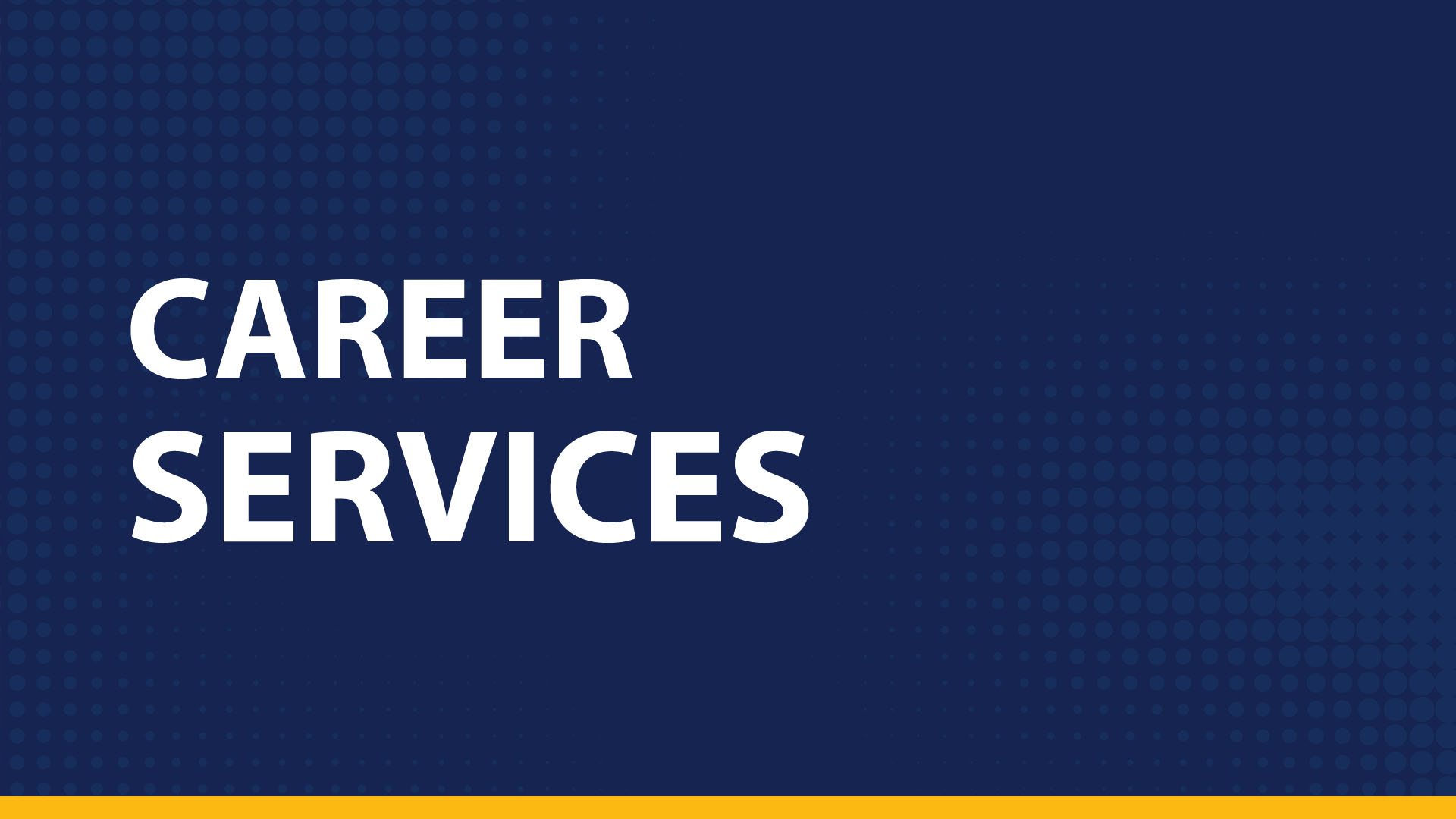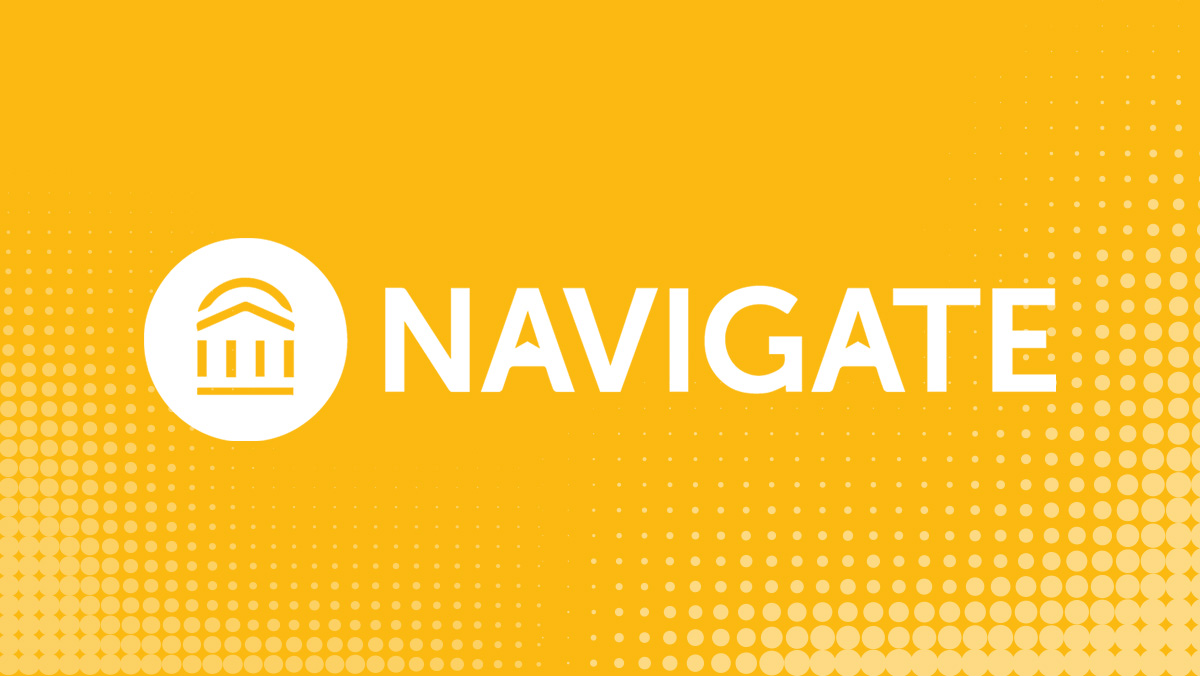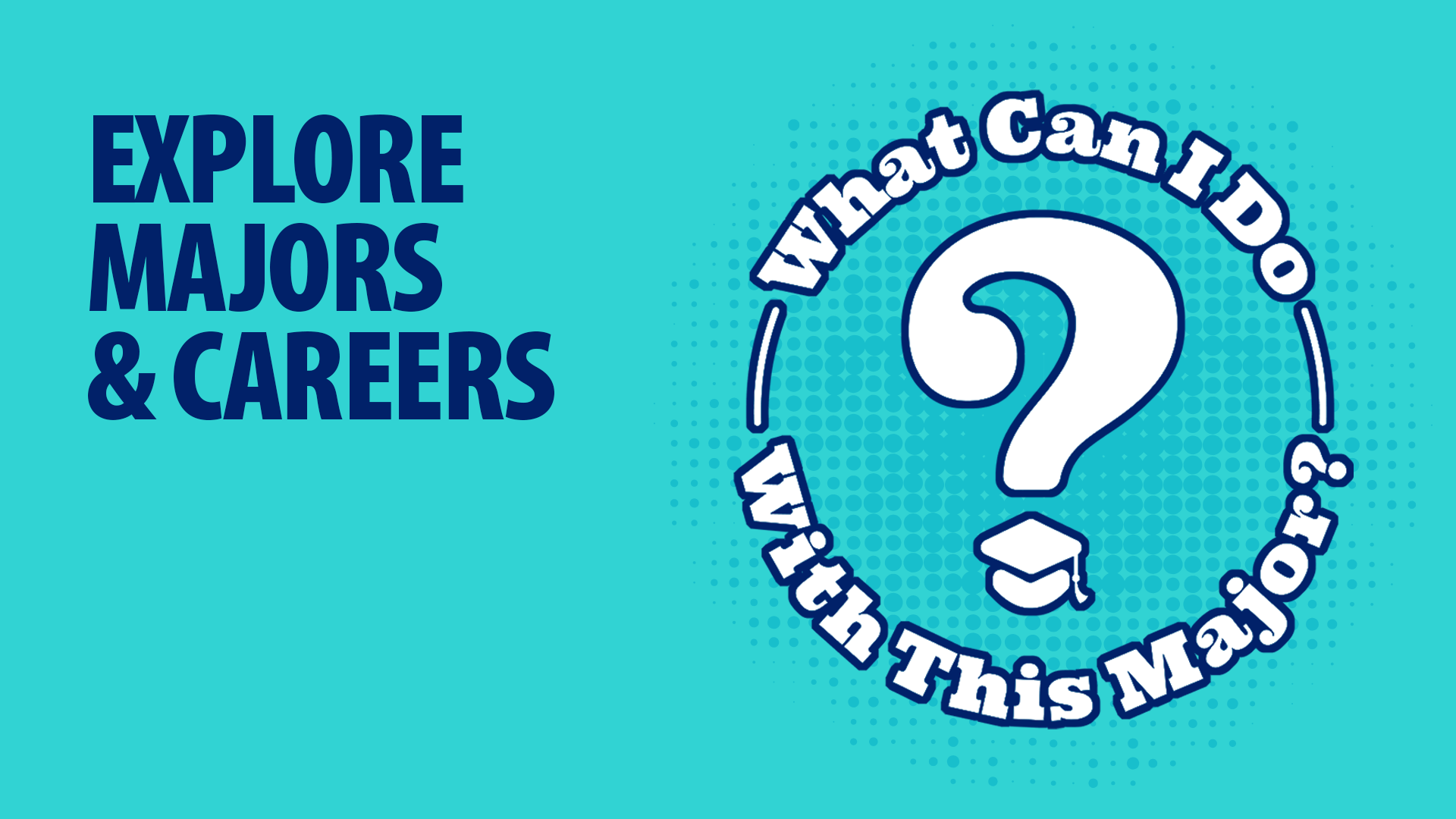Baking and Pastry Certificate
Advance Your Food Service Career with a Baking and Pastry Certificate from NECC

Why pursue a certificate in Baking and Pastry?
Do you enjoy making delicious breads and pastries? Would you like to become a pastry chef or own a bakery or pastry shop? If so, NECC’s hands-on Baking and Pastry Certificate program will help you build upon the basics of baking and pastry production and science, preparing you to take on a variety of specialized baking and pastry roles while working in the fast-paced food service industry.
NECC Turns Sweet Career Dreams into Reality!
NECC’s Baking and Pastry Certificate is cultivating the next generation of baking and pastry artists, “proving” they can thrive working as bakery managers, pastry chefs, cake decorators, chocolatiers, and more. Student learning outcomes focus on the hands-on kitchen techniques that bakeries, pastry shops, and other food service establishments look for when hiring.
Courses are held in our state-of-the-art commercial kitchen, featuring chef-led demonstrations and hands-on training. Students will learn the art of creating tasty baked goods, pastries, and confections, as well as how to use sugar, syrups, icings, and chocolate effectively. Students will also gain practical experience through a required program internship.
Upon completion of the certificate, you’ll have the option of applying your advanced skills outside the classroom or transferring credits to one of our partner colleges and universities, allowing you to further your degree in Culinary Arts or a related field.
What you’ll get from our Baking and Pastry program
Learn How Thrive in Commercial Baking Environments
Immerse yourself in the baking and pastry world, as you explore advanced baking and pastry principles and connect with fellow artisans in the culinary community. Learn how to prepare and produce delicious pies, cookies, cakes, breads, rolls, and other baked goods in a variety of baking environments. NECC’s program will prepare you for a rewarding career in the food services industry—proving that following your sweet career dreams can lead to something truly amazing!
Do Cool Stuff, Not Just Homework
Forget about endless lectures. We’re talking about interactive classes and workshops where you practice what you’ve learned in real-life scenarios, as well as projects that connect you with others in the local baking and pastry community.
Gear Up for a Great Career in the Visual Arts Field
At NECC, we’re here to help you build a skill set that’s in demand. Whether you see yourself as the next great bakery manager, pastry chef, bakery owner, or something else, we’ve got you covered. While guiding you every step of the way, our experienced instructors will show you how to:
 Earn the 28-credit certificate full or part-time
Earn the 28-credit certificate full or part-time- Develop your skills through courses that include: Principles of Baking, Bakery Production and Operations, Contemporary Cakes and Decorations
- Gain practical experience through a required program internship
Your Schedule, Your Rules
Juggling life, work, and study? No sweat. With a mix of online and on-campus options, NECC makes it easy for you to fit study into your life, not the other way around. Once you’ve completed our Baking and Pastry Certificate program, you’ll have the option of applying credits toward our associate degree in Culinary Arts.
Where culinary creativity can take you
Many above entry-level jobs in the baking and pastry industry offer much potential for growth. In some ways, starting out with a certificate is an advantage—you can begin working in the field and decide whether you like it before investing additional time and money obtaining a degree.
If you’re already employed in the foodservice industry, our certificate program will help you gain advanced skills and insight into the workings of commercial baking environments, making you more desirable to employers!
 Imagine yourself serving in one of these roles:
Imagine yourself serving in one of these roles:
- Streamlining bakeshop efficiency as a Bakery Manager
- Creating award-winning desserts as a Pastry Chef
- Ensuring patron satisfaction as a Head Pastry Chef
- Preparing delightful chocolate treats as a Chocolatier
- Running a successful bakeshop as a Bakery Owner
- Artistically embellishing themed cakes as a Cake Decorator
- Overseeing the production of high-quality baked goods as a Lead Production Baker
Why choose NECC for your Baking and Pastry certificate?
We Get It
At NECC, inspiring our students to succeed is our top priority. Modern, relevant, and engaging, our Bakery and Pastry Certificate courses are designed with you in mind.
NECC’s dedicated faculty and staff help students develop the skills they need to advance in the workforce or transfer to a four-year college or university. Our small class sizes ensure personalized attention and support, empowering students to thrive academically. We also offer a variety of student support services, including tutoring, counseling, and academic advising.
With two convenient campuses, robust student support services, and a vibrant student life, NECC is committed to providing an affordable, accessible, and high-quality education for all.
Learn from the Pros
Our instructors aren’t just teachers. They’re experienced professionals who live and breathe Baking and Pastry principles.
Experience Beyond the Classroom
At NECC, it’s not just about earning a degree. It’s about building a network, finding your tribe, and acquiring the tools necessary to chase your dreams. Our Haverhill and Lawrence campuses are home to a diverse range of clubs and organizations and activities that help students connect with peers who share similar interests.
Whether you choose to gain leadership experience, stay healthy and fit, join a club, or participate in varsity sports, and student activities, we’ll guarantee you’ll have fond memories of your time at NECC.
We Got Your Back
From the day you start until the day you land your first big gig, our team is here to support, guide, and cheer you on. At NECC, our goal is to empower our students by equipping them with the skills and tools necessary to thrive, wherever they choose to work.
Career Services
Navigate
What Can I Do With This Major?
Got Prior Learning or Work Experience?
With NECC’s Credit for Prior Learning, you can move through the program at a faster pace, and graduate sooner! The best part is these credits are covered free-of-charge for eligible Massachusetts learners.
Support for Every Student
NECC offers a variety of student support services, including tutoring, counseling, and academic advising, to help students thrive academically. Want to transfer to NECC? Our advisors are happy to assist you.
Career outlook for Baking and Pastry Professionals north of Boston
According to the U.S. Bureau of Labor Statistics (BLS), the employment future is bright for specialized baking and pastry professionals over the next eight to nine years. For example, job opportunities for pastry chefs are projected to rise over 8% during that period
At NECC, our Baking and Pastry Certificate program graduates have an exceptional rate of employment while working as pastry chefs, bakery managers, lead production bakers, and more. Some have gone on to start their own successful bake shops and pastry businesses!
How much can I expect to make as a Baking or Pastry Artist?
The earning potential for those employed in specialized baking and pastry professions varies based on several factors, including education, certifications, experience, setting, and advanced skills. For example, according to Salary.com, the average salary for a head pastry chef in Boston, MA, was $76,210 as of September 2024.
With a Baking and Pastry Certificate from NECC, you’ll be qualified to pursue or advance your career in these culinary arts roles:
Bakery Manager
While reporting to a bakery owner or regional manager, oversees bakery staff, manages inventory, resolves customer complaints, maintains financial records, and strives to achieve sales goals. The median annual wage in Massachusetts for this role was $54,978 as of September 2024. The wage range typically falls between $49,904 and $60,102.¹
Pastry Chef
As a culinary artist, creates, designs, and presents a variety of desserts and baked goods. The median annual wage in Massachusetts for this role was $73,962 as of September 2024. The wage range typically falls between $63,724 and $84,244.¹
Head (Executive) Pastry Chef
Recruits, trains, and supervises pastry staff, including pastry cooks, assistants, and decorators. The median annual wage in Boston, MA, for this role was $76,210 as of September 2024. The wage range typically falls between $65,660 and $86,800.¹
Chocolatier
A skilled culinary artisan who specializes in making chocolate and chocolate-based confections. The median annual wage in Massachusetts for this role was $28,981 as of September 2024. The wage range typically falls between $24,835 and $34,518.¹
Bakery Owner
Manages the activities at a bakeshop by overseeing the work of employees, the ordering of supplies, and creating marketing products and schedules. The median annual wage in Massachusetts for this role was $85,860 as of September 2024. The wage range typically falls between $70,239 and $99,238.¹
Cake Decorator
Use their specialized culinary skills to embellish cakes for birthdays, special occasions, and weddings. They also decorate other pastries. The median annual wage in Massachusetts for this role was $32,444 as of September 2024. The wage range typically falls between $28,695 and $38,160.¹
Lead Production Baker
Oversees daily baking operations and ensures the production of high-quality baked goods. Develops and tests new recipes to expand the bakery’s product offerings. The median annual wage in the United States for this role was $68,515 as of September 2024. The wage range typically falls between $59,267 and $78,084.¹
How to get started in the Baking and Pastry Arts near the Merrimack Valley
Feeling pumped? We thought so! Learn more about how to apply for the Baking and Pastry Certificate program. Still unsure that it’s the right fit for you? Contact us to chat more about why this could be the best decision you’ll ever make!
FAQs
Sources and Citations: ¹Salary information provided on this page is sourced from Salary.com. The data reflects estimates based on employer surveys and job listings. Actual salaries may vary based on location, experience, and other factors.





